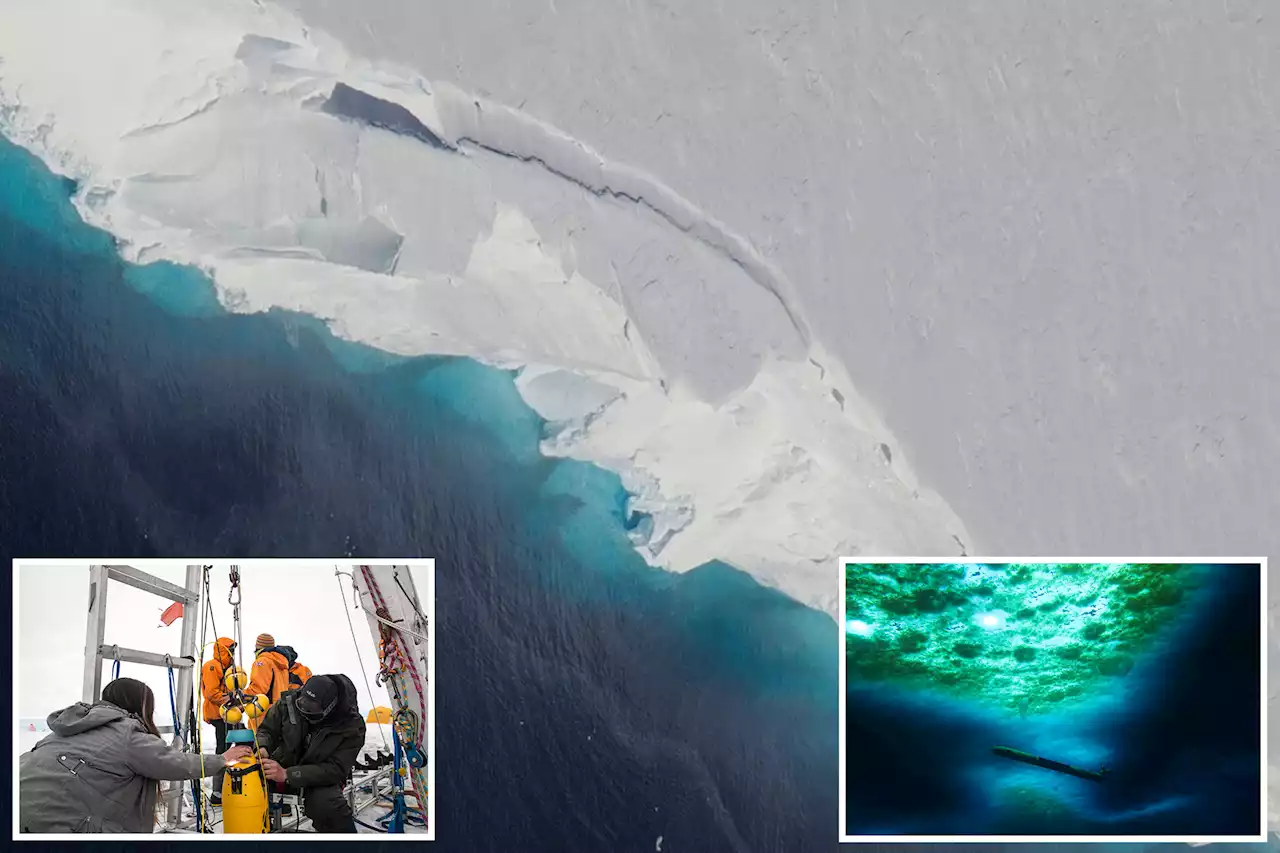New research hints at why some cancer cells develop drug resistance, and how to kill them.
As with weeds in a garden, it is a challenge to fully get rid of cancer cells in the body once they arise. They have a relentless need to continuously expand, even when they are significantly cut back by therapy or surgery. Even a few cancer cells can give rise to new colonies that will eventually outgrow their borders and deplete their local resources.
We are researchers studying how these microenvironmental stresses affect tumor initiation and progression. In our new study , we found that the harsh microenvironments of the body can push certain cancer cells to overcome the stress of being isolated and make them more adept at initiating and forming new tumor colonies.
We found that pancreatic cancer cells challenged with conditions that mimic isolation stress gain a new receptor on their surface that unstressed cancer cells don’t typically have: lysophosphatidic acid receptor 4, or LPAR4 , a protein involved in tumor progression. We determined that a key component of this extracellular matrix is fibronectin . When this protein binds to receptors called integrins on the surface of cells, it triggers a cascade of events that results in the expression of new genes promoting tumor initiation, stress tolerance and cancer progression. Eventually, other cancer cells are recruited into the fibronectin-rich matrix network, and a new satellite tumor colony starts to form.
Keeping cancer cells stressedUnderstanding how to cut off the cascade of events that allows cancer cells to become stress-tolerant is important, because it provides a new area to explore for future treatments.
United States Latest News, United States Headlines
Similar News:You can also read news stories similar to this one that we have collected from other news sources.
 What New 'Doomsday' Glacier Research Tells Us About Climate ChangeScientists got their first up-close look at what’s eating away part of Antarctica’s Thwaites ice shelf, nicknamed the Doomsday Glacier because of its massive melt and sea rise potential, and it’s both good and bad news.
What New 'Doomsday' Glacier Research Tells Us About Climate ChangeScientists got their first up-close look at what’s eating away part of Antarctica’s Thwaites ice shelf, nicknamed the Doomsday Glacier because of its massive melt and sea rise potential, and it’s both good and bad news.
Read more »
 New research: Parts of Earth's ice sheets to crumble causing more ocean riseData shows that ice sheets in parts of Greenland and Antarctica have lost more than an half trillion tons each year since 2000.
New research: Parts of Earth's ice sheets to crumble causing more ocean riseData shows that ice sheets in parts of Greenland and Antarctica have lost more than an half trillion tons each year since 2000.
Read more »
 Snakes Can Hear You Scream, New Research RevealsNot only can snakes hear sounds traveling through the air, researchers find, but different species react differently to what they hear.
Snakes Can Hear You Scream, New Research RevealsNot only can snakes hear sounds traveling through the air, researchers find, but different species react differently to what they hear.
Read more »
 Why scientists are saying Antarctica’s ‘Doomsday’ glacier is ‘in trouble’Antarctica’s “Doomsday Glacier” is rapidly melting in unexpected ways, according to new research.
Why scientists are saying Antarctica’s ‘Doomsday’ glacier is ‘in trouble’Antarctica’s “Doomsday Glacier” is rapidly melting in unexpected ways, according to new research.
Read more »
 How Much Alcohol Is Too Much for Your Heart Health?Will you accept this rosé? No, really. Think on it. Alcohol increases your risk of HeartDisease, the leading cause of death in women. Read about the risks to decide what’s right for you.
How Much Alcohol Is Too Much for Your Heart Health?Will you accept this rosé? No, really. Think on it. Alcohol increases your risk of HeartDisease, the leading cause of death in women. Read about the risks to decide what’s right for you.
Read more »
 Stanford Research Director, Former Dean Identified as Sam Bankman-Fried's Bond SignersA Stanford University senior research scientist and former Stanford Law School dean were revealed to be Sam Bankman-Fried's bond co-signers, in addition to his parents. Securities lawyer James Murphy, also known as 'MetaLawMan' on Twitter, joins 'First Mover' to discuss the details and implications of the latest legal developments around bankrupt crypto exchange FTX and its former CEO Sam Bankman-Fried.
Stanford Research Director, Former Dean Identified as Sam Bankman-Fried's Bond SignersA Stanford University senior research scientist and former Stanford Law School dean were revealed to be Sam Bankman-Fried's bond co-signers, in addition to his parents. Securities lawyer James Murphy, also known as 'MetaLawMan' on Twitter, joins 'First Mover' to discuss the details and implications of the latest legal developments around bankrupt crypto exchange FTX and its former CEO Sam Bankman-Fried.
Read more »
